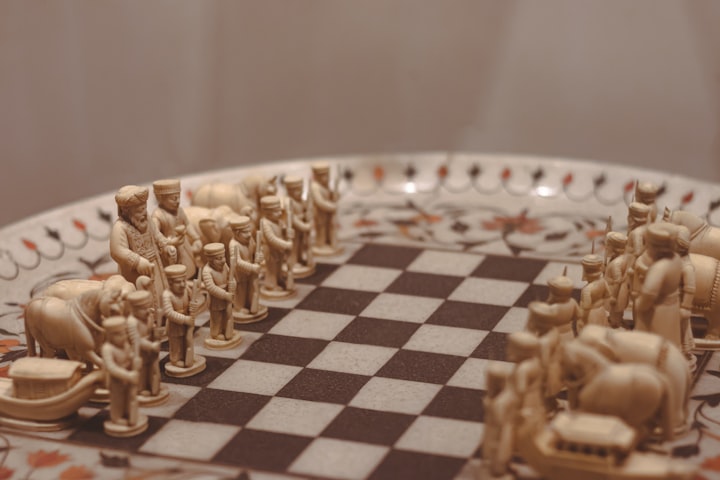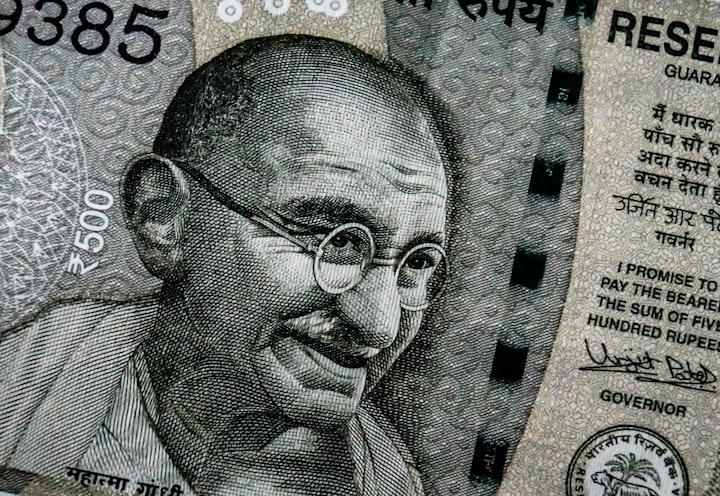Jawaharlal Nehru
Indian politician and statesman who played a pivotal role in India's struggle for independence from British colonial rule

Jawaharlal Nehru was an Indian politician and statesman who played a pivotal role in India's struggle for independence from British colonial rule, and who went on to become the country's first Prime Minister. He was born on November 14, 1889, in Allahabad, a city in northern India. Nehru was the son of a prominent lawyer and politician, and received his education in India and the United Kingdom. He was a lifelong member of the Indian National Congress party, and was one of the most influential leaders of the Indian independence movement.
Nehru's early political career:
Nehru became involved in the Indian nationalist movement in the 1910s, and quickly rose through the ranks of the Indian National Congress. He was a close associate of Mahatma Gandhi, and played a key role in several campaigns of nonviolent resistance against British colonial rule. Nehru was imprisoned several times for his political activism, and became one of the most prominent leaders of the Indian independence movement.
Nehru as India's first Prime Minister:
After India achieved independence in 1947, Nehru became the country's first Prime Minister. He served in this role for nearly two decades, from 1947 until his death in 1964. As Prime Minister, Nehru was deeply committed to the principles of democracy, secularism, and social justice. He oversaw the drafting of India's constitution, which is still in effect today, and worked to build a modern, democratic, and secular India.
Nehru's vision for India:
Nehru's vision for India was of a society that was based on the principles of social justice, economic equality, and democratic governance. He saw India as a leader of the developing world, and worked to build strong ties with other newly independent nations in Asia and Africa. Nehru was also deeply committed to promoting education, healthcare, and social welfare, and saw these as key components of India's development.
Nehru's impact on India and the world:
Nehru's legacy is significant, both in India and around the world. He played a pivotal role in India's struggle for independence, and oversaw the country's transition to a modern, democratic, and secular nation. Nehru's vision for India continues to shape the country's political and social landscape, and his policies and programs have had a lasting impact on India's development. Nehru's leadership and advocacy for democracy, secularism, and social justice were also influential on the global stage, and his vision for India as a leader of the developing world continues to inspire people around the world.
Nehru's death:
Nehru died on May 27, 1964, after a long illness. His death was a shock to the nation, and was widely mourned across India and around the world. Nehru's legacy lived on, however, and his vision for India continues to inspire people to work for social justice and democratic governance.
In conclusion, Jawaharlal Nehru was a pivotal figure in India's struggle for independence, and one of the most influential political leaders of the 20th century. His vision for India as a modern, democratic, and secular nation, based on the principles of social justice and economic equality, continues to shape the country's political and social landscape. Nehru's impact on India and the world is significant, and his legacy serves as a reminder of the transformative power of political leadership and visionary thinking.
Nehru's contributions to India's development and global politics were immense, and his legacy continues to inspire people around the world to work towards a more just, equitable, and democratic future. His commitment to democracy, secularism, and social justice, and his advocacy for the rights of marginalized communities, have been influential in shaping India's political and social landscape. Nehru's vision for India as a leader of the developing world, and his belief in the power of education and social welfare as tools for development, have had a lasting impact on India's growth and progress. Nehru remains a towering figure in Indian history and a source of inspiration for generations to come.





Comments
There are no comments for this story
Be the first to respond and start the conversation.